
The deeper I get into my own writing practice, the more I have come to view flash not as a discrete form or simple word count maximum, but a philosophy of craft.
No luxury of sprawl
When I’m writing flash, I don’t allow myself the luxury of sprawl. When I’m writing longer, it’s easy to give in to the urge to let it all hang out. That instinct to get everything on the page is not a bad one to pursue in early drafts, but there comes a point where flash demands one ask oneself which passages, sentences, and words are imperative to understanding and enjoyment and which can be excised to achieve a tighter narrative. To write effective flash, one must carve away all chaff until there is nothing but the sharp and cutting grain of the story. In a perfect world, all writing would be thus, so why wasn’t I treating my longer work the same way?
Rules for flash?
My rules for flash became my rules for all my writing. Give only as much information as the reader needs. Resist the siren call of exposition and unnecessary backstory. Listen for the rhythm and the music in each sentence, but do not let personal delight in the taste of the words overcome meaning and clarity. Trust that the reader will pick up what’s being put down.
Weight of silences
I had heard Dept. of Speculation by Jenny Offill referred to as a “novel in flash.” These are mutually exclusive terms, I thought. Upon reading it I understood—it wasn’t about length, though yes, the novel is short, it was about spareness, tightness, precision. No passage could be described as a standalone piece yet the whole book had that magical quality I look for in the best flash: each word a perfectly placed puzzle piece, carrying not only its own weight but the weight of the silences around it. The novel is an astonishing accomplishment.
Expand what storytelling is capable of
Many authors of literary fiction aspire to this but consider flash a form they’re not interested in reading or writing rather than a discipline by which they can make sentences more muscular, more robust, more surprising, more integral to any given passage. Flash also challenges both writers and readers to recalibrate what a story can look like, and in doing so, to expand what storytelling is capable of. Flash skeptics have cut themselves off not only from an entire artform, but a branch of craft that could open up vast universes in their own writing.
Flash has been the medium
Writing primarily flash for the past several years used to feel like a failure to me—proof that I couldn’t cut it as a novelist, as a writer of “serious” fiction. But that was other people talking — naysayers who came out of the woodwork to tell me flash had no market, no future, that no one would ever publish a collection of flash. Twelve years on, my flash collection The Anchored World is a PEN finalist taught in classrooms across the country and world. In truth, flash has been the medium through which I have best been able to hone my skills as a writer full stop.
The very constraints of flash are what allowed my writing practice to bloom.
Jasmine Sawers
Jasmine Sawers is a Kundiman fellow and Indiana University MFA alum. Their work has won awards from Ploughshares, NANO Fiction, Fractured Lit and Press 53, appearing in Norton’s Flash Fiction America, Best Microfiction, SmokeLong Quarterly and Wigleaf. Their book, The Anchored World, was a finalist for the 2023 PEN/Robert W. Bingham Prize for Debut Short Story Collection. Originally from Buffalo, Jasmine now lives outside St. Louis.
Photo credit Benjamin Nicotera







